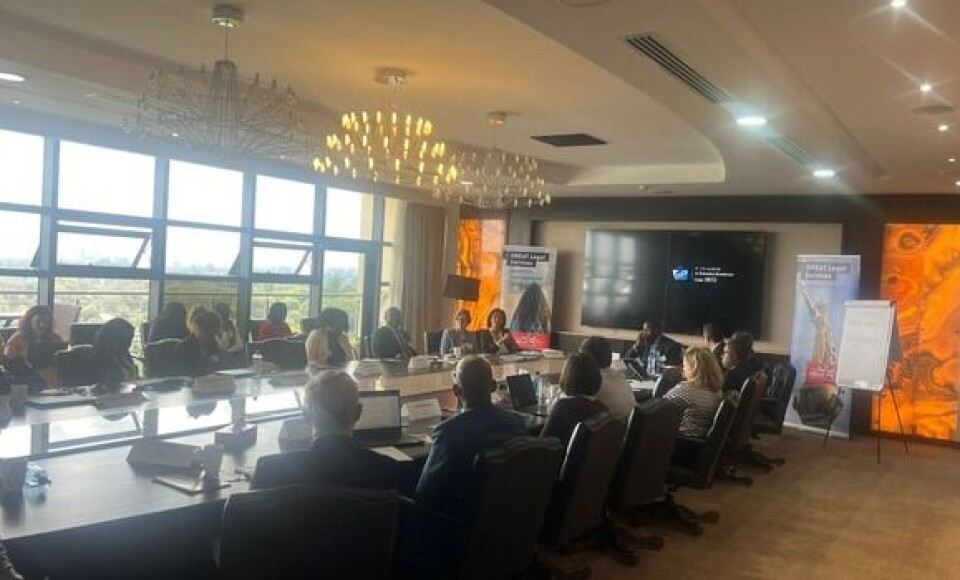Copyright : Re-publication of this article is authorised only in the following circumstances; the writer and Africa Legal are both recognised as the author and the website address www.africa-legal.com and original article link are back linked. Re-publication without both must be preauthorised by contacting editor@africa-legal.com
Support for African trading bloc gathers momentum

The dream of Africa having a viable economic bloc is becoming a reality, and actors in the legal and business sectors have been exploring ways to eliminate barriers that have slowed the process, writes Paul Ogemba.
The African Continental Free Trade Area (AfCFTA) agreement was the focus of a roundtable discussion held in Nairobi on 5 March which brought together experts from the United Kingdom and Africa who agreed that the agreement is a great step towards making the continent an economic giant.
The meeting, held at the Two Rivers International Finance and Innovation Centre which is a Special Economic Zone (SEZ), provided insight on what the future holds in terms of free trade across countries within the continent. An initiative of the Ministry of Justice UK's GREAT Legal Services Campaign, in collaboration with Africa Legal, the roundtable discussion brought together a mix of leading minds in the legal and trade sectors.
Established in 2018 as a treaty for economic integration in Africa, and with 47 of the 53 African countries already having ratified the agreement, AfCFTA is the largest trade bloc in the world. The idea is to capitalise on the huge African market with a population of 1.3 billion.
The agreement covers trade in goods, trade in services, investment, intellectual property rights and competition policy, and participants at the roundtable meeting explored ways of bridging the gaps on the trading aspects and reducing the continent’s current overreliance on foreign trade.
The idea is to progressively eliminate tariff barriers between African countries, and create a pan-African payment system to ease cross-border trade and reduce reliance on the dollar. To avoid competition with other regional economic treaties, AfCFTA seeks to create a unified bloc for all African countries, without interfering with other trade agreements and regional blocs such as the East Africa Community.
At the roundtable event, special economic zones were identified as enablers of business opportunities to attract investments and promote exports, while suggestions for having similar tax laws across the continent were raised as a way to cushion investors against unfavourable tax regimes.
The discussion brought an understanding of how foreign investors can take advantage of the available human resources in Africa and explore opportunities for collaborations.
One of the challenges for AfCFTA is settling on dispute resolution mechanisms, and this is made more difficult because of the many different legal systems used across the continent. Participants at the roundtable felt that more needs to be done to harmonise conflict resolutions, with proposals that AfCFTA borrow ideas from the European Union, where different legal systems run side by side.
The way forward would be to have strong legal systems and independent judiciaries with judges who understand trade laws, delegates said.
Hurdles aside, there was general agreement that AfCFTA will create opportunities for lawyers and legal firms to be involved in dispute resolution and signing of trade agreements.
The continually changing African political landscape was pinpointed as another challenge for implementing the treaty.
Considering the numerous issues that are likely to create trade barriers between African countries, there was agreement that much still has to be done to ensure seamless trade and financial flow before AfCFTA is ready for take-off.
To join Africa Legal's mailing list please click here
